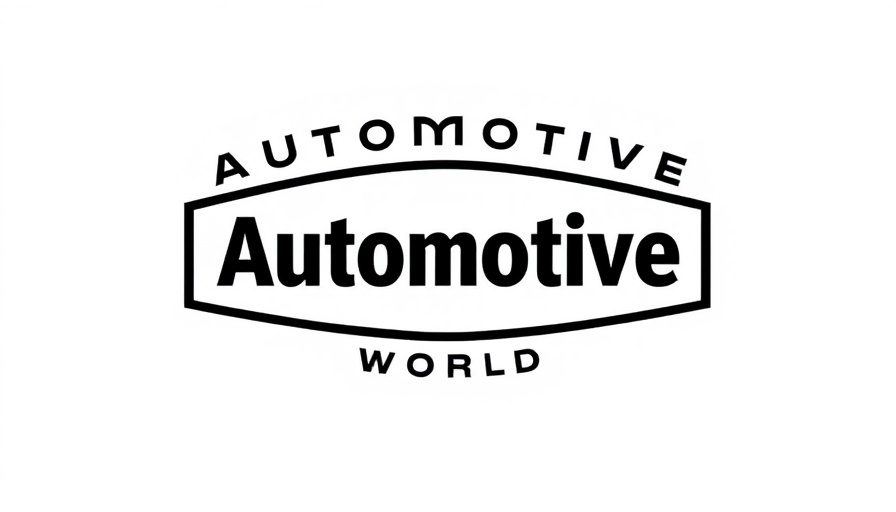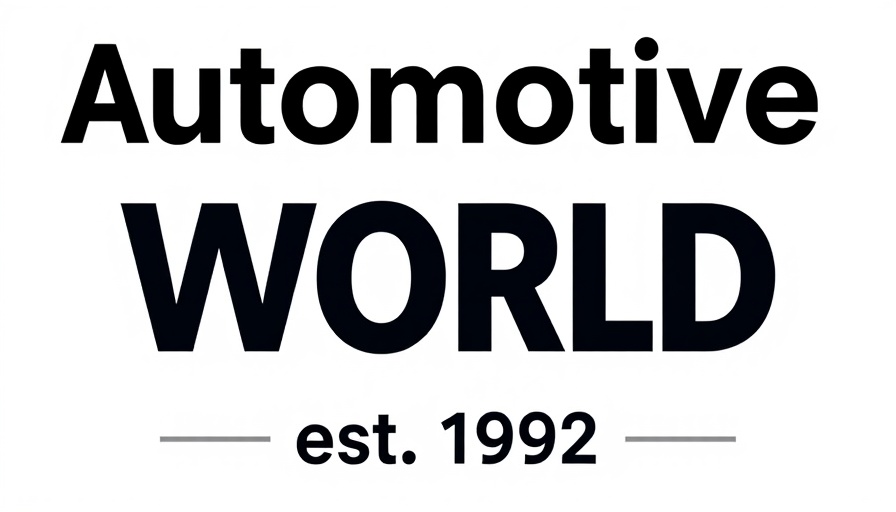
Revolutionizing EV Fleet Expansion with Off-Grid Charging Solutions
In a bold move toward enhancing the electric vehicle landscape, L-Charge introduces a groundbreaking off-grid Charging-as-a-Service (CaaS) model that is set to revolutionize fleet management, particularly for companies like Alto. This innovation promises to eliminate hefty upfront costs, presenting a sustainable alternative that is both economically and environmentally beneficial.
The Unique Benefits of Off-Grid Charging-as-a-Service
For dealership principals, general managers, and fixed operations directors, this cutting-edge service positions itself as a game-changer in expanding EV operations. By opting for L-Charge's CaaS, companies can seamlessly increase their electric fleet without the burden of initial infrastructure investments. This not only aids in financial planning but also aligns with global sustainability goals by leveraging clean energy sources, akin to the scenario of a sleek solar vehicle gliding smoothly along a sunlit coastal road.
Future Predictions and Trends in Electric Vehicle Adoption
The evolution of electric vehicle technology and services like L-Charge's off-grid solutions signify a larger trend toward sustainable transportation and energy independence. This model is expected to encourage more companies to transition to electric fleets, projecting a substantial increase in EV adoption across various industries. As this technology matures, it could redefine logistics and fleet management, making electric vehicles a staple in corporate arsenals worldwide.
Relevance to Current Events: The Push for Sustainable Solutions
Amidst growing climate concerns and the urgent need for sustainable solutions, innovations in EV infrastructure could not be more timely. L-Charge's offering taps into the increasing global demand for renewable energy solutions, presenting a viable path for automakers and fleet operators to contribute significantly to environmental conservation. As the world leans ever more towards reducing carbon footprints, such advancements are critical in driving the automotive industry's transformation.
 Add Row
Add Row  Add
Add 




Write A Comment